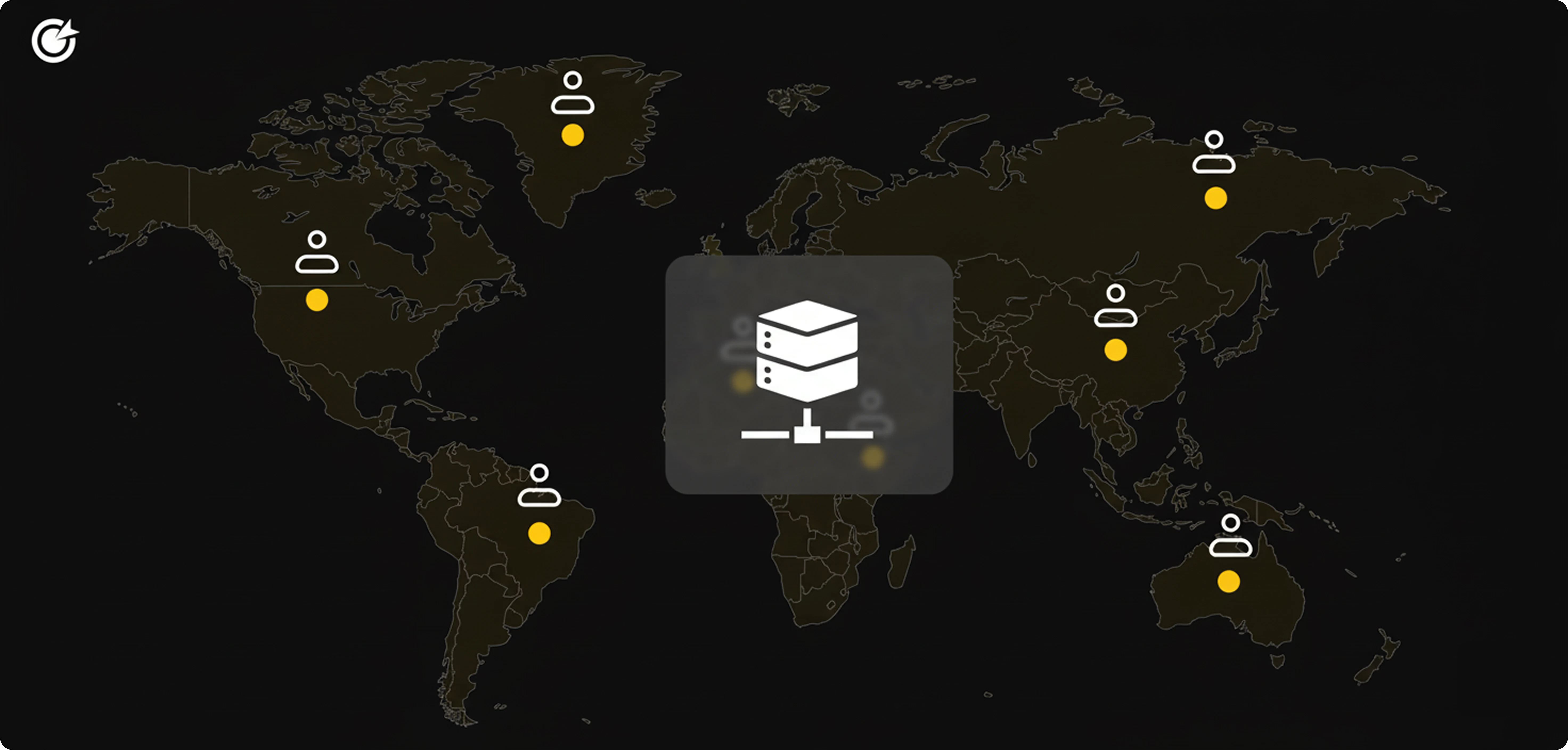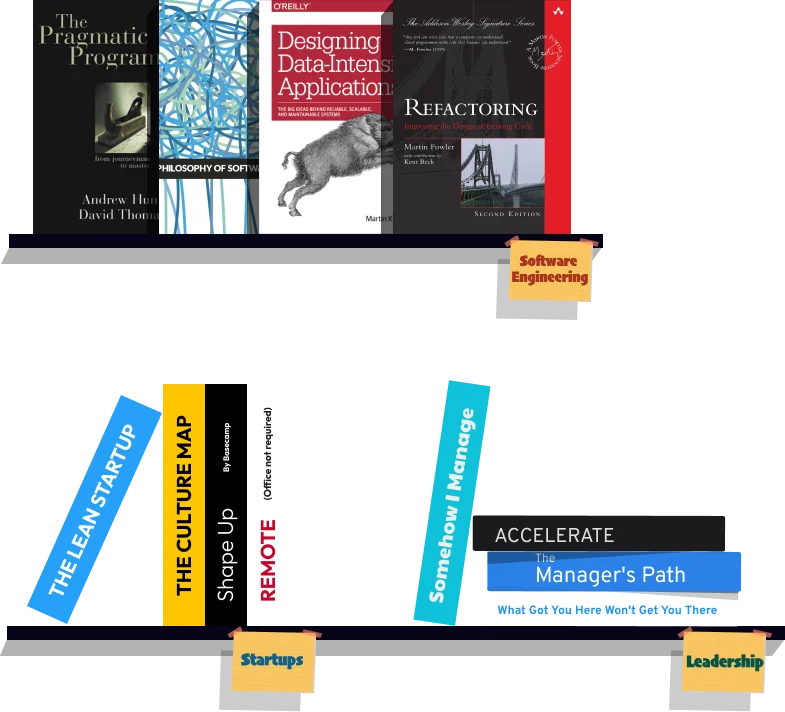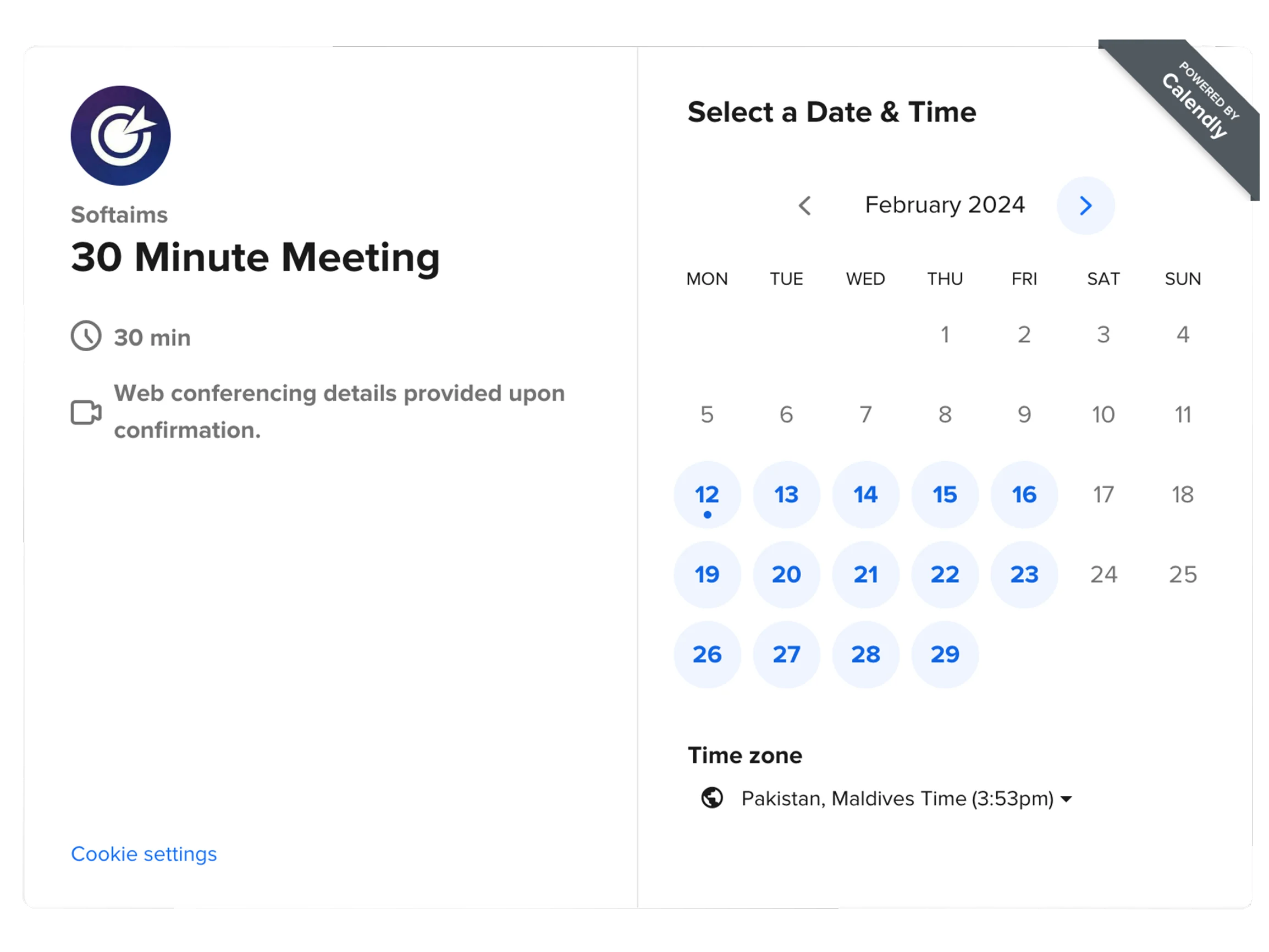The Ultimate All-Rounder The Full-Stack Developer
A Full-Stack Developer is a true versatile powerhouse in the software development world, possessing the skills to work on both the front-end (client-side) and back-end (server-side) of an application. They understand the entire technology stack and are capable of building a complete, functional web application from start to finish.

Hiring a full-stack developer is an investment in efficiency and holistic product understanding. Their broad perspective allows them to anticipate challenges, bridge communication gaps between different parts of a project, and contribute to every stage of the development lifecycle, from concept to deployment.
Front-End Proficiency
A competent full-stack developer must have a strong command of the core front-end technologies: HTML for structure, CSS for styling, and JavaScript for interactivity. They should be able to translate UI/UX designs into responsive, accessible, and high-performing user interfaces that work across all modern browsers.
Beyond the fundamentals, they must be proficient in at least one major JavaScript framework, such as React, Angular, or Vue.js. This includes an understanding of component-based architecture, state management, and how to effectively consume data from back-end APIs to create dynamic and engaging user experiences.
Back-End Development Expertise
On the server-side, a full-stack developer must be adept at building the logic and infrastructure that powers the application. This requires proficiency in a back-end programming language and its corresponding framework, such as Node.js with Express, Python with Django or Flask, or C# with .NET.
They should be able to design and implement business logic, handle user authentication and authorization, and manage server-side operations efficiently. Their back-end code needs to be scalable, secure, and well-structured to support the demands of the front-end application and its users.
Database Management
A full-stack developer is responsible for the data layer, which requires a solid understanding of database management systems. They should be proficient in both SQL databases, such as PostgreSQL or MySQL, and NoSQL databases like MongoDB. This includes the ability to design logical and efficient database schemas.
Key skills involve writing optimized queries to perform CRUD (Create, Read, Update, Delete) operations, ensuring data integrity through constraints, and understanding when to use a relational versus a non-relational database. Experience with Object-Relational Mappers (ORMs) like Sequelize or Entity Framework is also highly valuable.
API Design and Development
The front-end and back-end communicate via APIs, and a full-stack developer must be able to design, build, and document them. A strong candidate should have a deep understanding of RESTful API principles, including proper use of HTTP methods, status codes, and a clear, consistent resource naming strategy.
They should be able to create secure and efficient endpoints that deliver data to the client-side in a well-structured format, typically JSON. Familiarity with alternative API paradigms like GraphQL is a significant advantage, demonstrating a forward-thinking approach to data fetching.
Version Control with Git
Effective version control is the cornerstone of modern software development and team collaboration. A full-stack developer must have expert-level proficiency with Git, the industry-standard version control system. This includes managing branches, handling merges, and resolving conflicts with confidence.
Beyond local commands, they need to be experienced with platforms like GitHub or GitLab, understanding the pull request and code review workflow. A developer who maintains a clean commit history and follows established branching strategies is a disciplined and valuable team member.
Web Security Fundamentals
A full-stack developer's responsibilities span the entire application, which makes understanding web security fundamentals absolutely critical. They must be aware of common vulnerabilities and know how to defend against them. This includes preventing Cross-Site Scripting (XSS), Cross-Site Request Forgery (CSRF), and SQL injection attacks.
They should implement best practices such as validating user input on both the client and server sides, securely storing sensitive data like passwords using hashing algorithms, and properly configuring server-side security headers. A security-first mindset is a non-negotiable trait.
DevOps and Deployment
A developer who can build an application but not deploy it is only half-effective. A full-stack developer should have a foundational understanding of DevOps principles and the deployment lifecycle. This includes experience with CI/CD (Continuous Integration/Continuous Deployment) pipelines to automate testing and deployment.
Familiarity with a major cloud provider like AWS, Google Cloud, or Azure is essential for modern applications. Knowledge of containerization with Docker is also a highly sought-after skill, as it ensures consistency across different development and production environments.
Testing and Quality Assurance
A commitment to quality requires a thorough approach to testing across the entire stack. A full-stack developer must be capable of writing various types of tests to ensure the application is reliable and bug-free. This includes writing unit tests for individual functions, integration tests for services, and end-to-end tests for user flows.
They should be familiar with testing frameworks and libraries relevant to their technology stack, such as Jest or Cypress for the front-end and a corresponding framework for the back-end. A developer who actively writes tests builds more maintainable and robust software.
System Architecture and Design
The true value of a senior full-stack developer lies in their ability to see the bigger picture and make sound architectural decisions. They should understand different architectural patterns, such as the trade-offs between a monolithic application and a microservices-based architecture.
This holistic perspective allows them to design scalable, maintainable, and cost-effective systems. They can choose the right tools and technologies for the job, plan for future growth, and ensure all the individual components of the application fit together into a cohesive and efficient whole.
How Much Does It Cost to Hire a Full-Stack Developer
The cost to hire a Full-Stack Developer is highly dependent on factors like their geographic location, level of experience, and the specific technologies in their skill set. As generalists with a wide range of abilities, they are in high demand, and their salaries reflect this versatility.
Tech hubs in North America and Western Europe typically have the highest salary ranges, while other regions can provide access to exceptional talent at a lower cost. The table below gives an estimated average annual salary for a mid-level Full-Stack Developer in several countries.
| Country |
Average Annual Salary (USD) |
| United States |
$120,000 |
| United Kingdom |
$80,000 |
| Germany |
$78,000 |
| Canada |
$90,000 |
| Australia |
$88,000 |
| Poland |
$58,000 |
| Ukraine |
$52,000 |
| India |
$40,000 |
| Brazil |
$48,000 |
| Argentina |
$42,000 |
When to Hire Dedicated Full-Stack Developers Versus Freelance Full-Stack Developers
Hiring a dedicated, full-time full-stack developer is the best choice for building and maintaining a core product or platform. This model is ideal for long-term projects where deep, evolving knowledge of the codebase and business logic is critical. A dedicated developer becomes a key part of your team, contributing to the long-term vision and ensuring consistency and stability.
Hiring a freelance full-stack developer is more suitable for short-term, well-defined projects. This is an excellent option for building a minimum viable product (MVP), creating a prototype to validate an idea, or adding a specific feature to an existing application. Freelancers offer flexibility and can be a cost-effective way to get a project off the ground quickly without long-term overhead.
Why Do Companies Hire Full-Stack Developers
Companies hire full-stack developers for their exceptional versatility and efficiency, especially in startups and small to medium-sized businesses where roles are often blended. A single full-stack developer can manage the entire application, which simplifies communication, streamlines the development process, and can be more cost-effective than hiring separate front-end and back-end specialists.
Beyond cost savings, their holistic understanding of the entire system is invaluable. They are uniquely positioned to identify and solve cross-functional problems, make informed architectural decisions, and rapidly prototype new ideas from end to end. This ability to own a feature from the database to the user interface makes them powerful drivers of innovation and agility.
In conclusion, hiring a great full-stack developer requires assessing a broad and deep skill set that spans the entire application lifecycle. The ideal candidate combines technical mastery of front-end, back-end, and database technologies with a strong understanding of security, deployment, and system architecture. By prioritizing candidates who demonstrate not just versatility but also a deep sense of ownership and a commitment to quality, companies can build lean, powerful teams capable of bringing entire product visions to life with speed and precision.



































